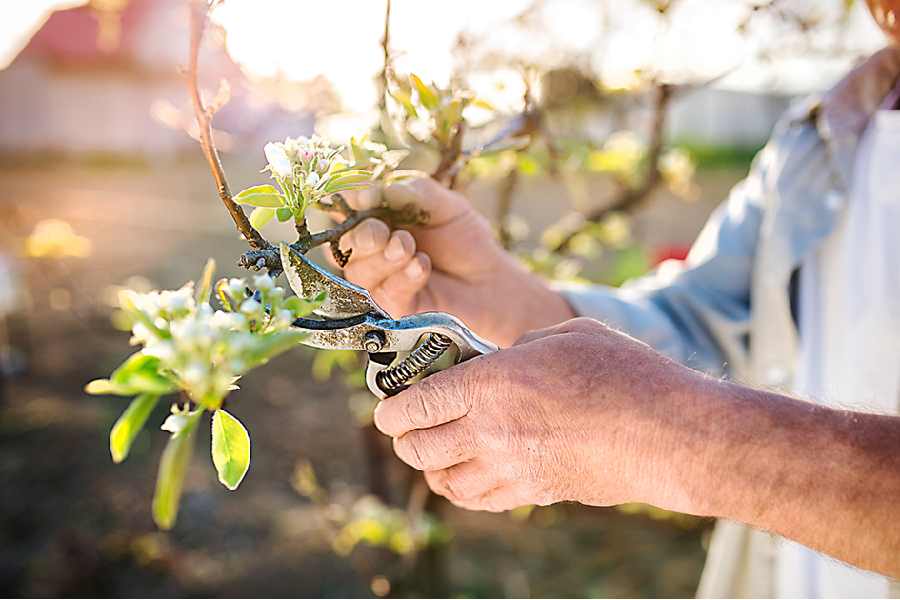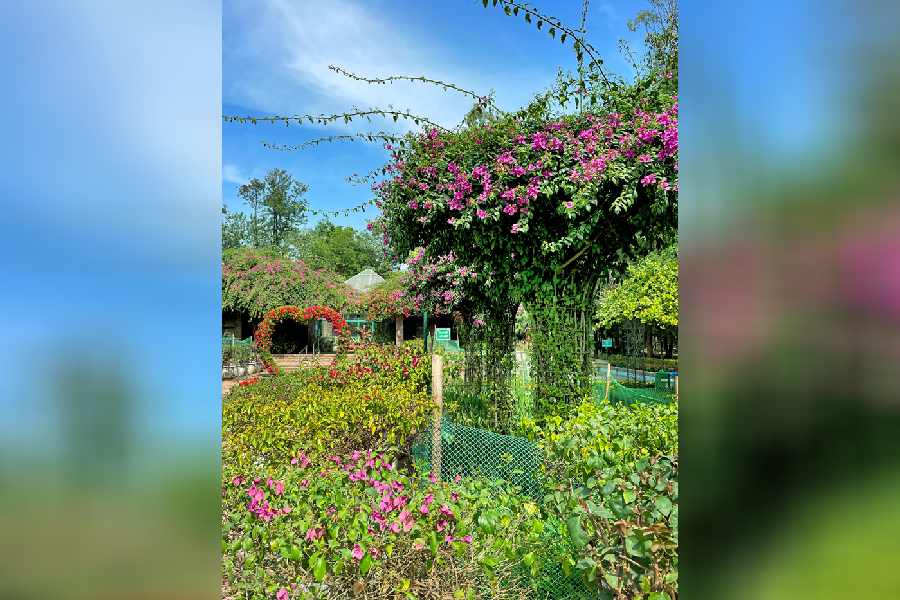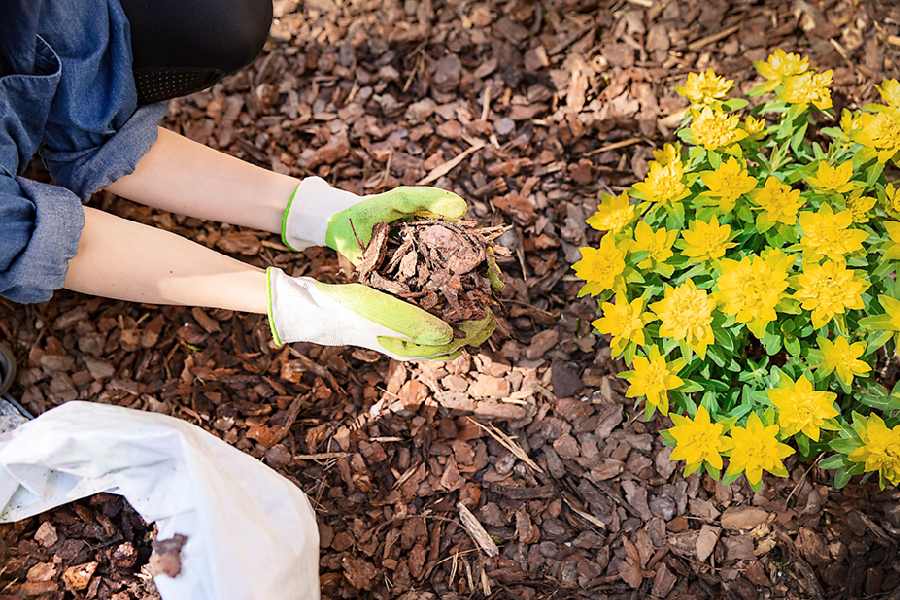Nurturing a green thumb is not easy in summer when the scorching sun is harsh on not just us, but the plants in our garden too. Sometimes you might be doing everything possible but still not getting fruitful results. Often a slight mistake like overwatering can cause the plants to die. The heat is harsh on the plants and can kill them if proper care is not taken. To provide your plants the proper care, keep in mind their unique requirements. Here’s a go-to guide for plant lovers this season:
Watering: Watering your plants correctly is crucial to their health. Make sure you’re watering your plants frequently in summer because most plants need it to survive. But be careful not to overwater them, as this can be just as harmful as underwatering. To avoid evaporation and promote soil soaking, it is better to water in the morning or evening when temperatures are lower.
Fertilizing: Plants require nutrients to grow, thus it’s critical to fertilize them regularly. To provide your plants with the nutrients they require, you can use compost made from organic materials or a slow-release fertilizer. As excessive fertilization can harm your plants, make sure to adhere to the instructions on the fertilizer packaging.
Pruning: Pruning is a good way to maintain the health and aesthetic appeal of your plants. To make sure you’re trimming your plants appropriately, be careful to find out the precise requirements they have for pruning. For instance, certain plants might need to be pruned in autumn, while others would need it in spring.
Deadheading: Deadheading is when you take the spent blooms off your plants. This promotes growth and may eventually assist in increasing the number of blooms that your plants produce. Make sure to get rid of the entire flower head, including the stem, if the plant is infected by pests.
Mulching: Adding mulch to the area surrounding your plants can aid in moisture retention and weed control. Use mulch made of organic materials, such as wood chips or chopped-up leaves. Mulch shouldn’t be piled too high around the base of your plants since doing so will make them decay.

Pruning plants is a good way of keeping them healthy

Some plants will have to be given appropriate support structures to grow.
Give proper shade: Providing shade for your plants will help shield them from the summer’s sweltering heat and sun. To give your plants shade, think about using shade cloth or placing taller plants nearby.
Soil: For healthy plants to grow during summer, good soil is crucial. To boost your soil’s quality, think about adding compost or other organic materials. To make sure your soil is balanced and has the proper pH for your plants, be sure to test it frequently.
Support: To keep them from toppling over in strong winds or heavy rain in summer, some plants may need support, such as posts or trellises. Make sure to research the specific support requirements of your plants and give them what they require.
Maintenance: Performing routine maintenance is crucial to the health of your plants over the summer. Check for symptoms of illness or pests and be sure to remove any dead or damaged leaves. Maintaining order in your garden can also assist in stopping the spread of illness.
Harvesting: If you have a garden or fruit trees, make sure to periodically harvest your crops throughout the summer. This helps keep overripe fruit from attracting pests or illness in addition to ensuring that you enjoy the results of your labour.
Air movement: During summer, your plants’ health depends on the quality of the air they are exposed to. Avoid overcrowding, which can result in poor air circulation and a higher risk of illness, and be sure to properly space your plants.
Pest management: Keeping plants healthy requires effective pest control. To control bugs, stay away from using harsh pesticides though. Instead, think about using natural remedies like neem oil, insecticidal soap, or companion planting. Keep an eye out for pest or disease indications in your plants.
Keep an eye on your garden: By keeping note of what you plant where, as well as triumphs or setbacks, you may enhance your garden in the coming years. To remember what worked and what didn’t, take pictures or keep a garden notebook.
